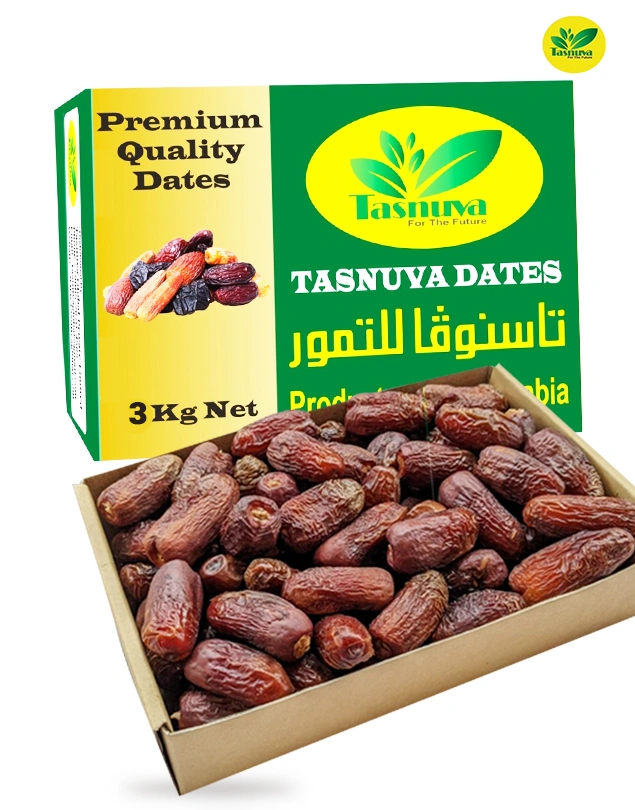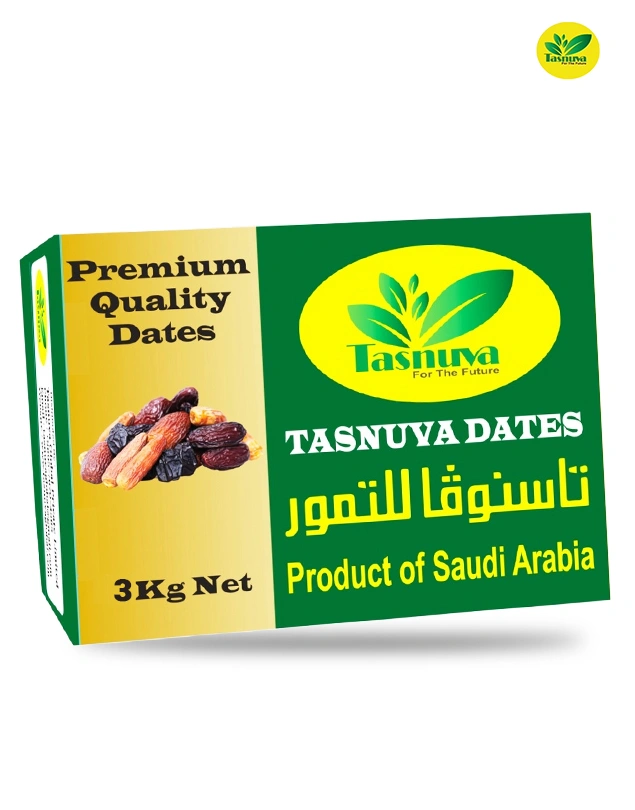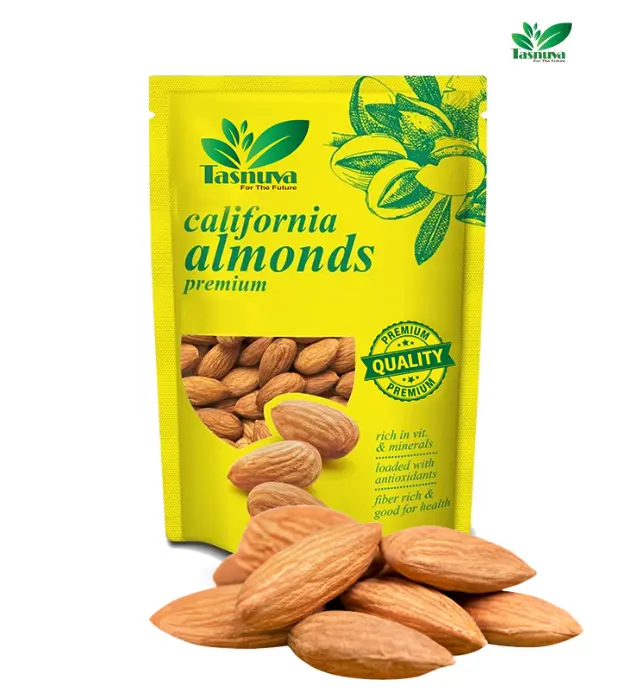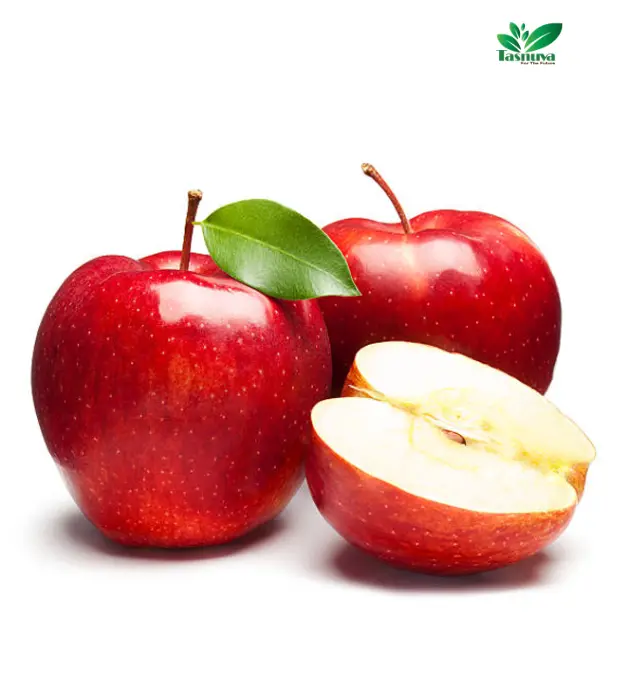Why Fresh Fruits Are Beneficial for Health?

Why Health Benefit of Dates, Nature’s Sweet Powerhouse
Dates, the small, wrinkled fruits of the date palm tree, are often regarded as nature’s candy. Sweet, chewy, and nutrient-rich, dates have been a staple food in Middle Eastern and North African cultures for thousands of years. But beyond their rich history and delicious flavor, dates are packed with health benefits that make them a valuable addition to modern diets. Whether consumed fresh or dried, dates offer a wealth of nutritional value that supports overall well-being.
Ingredients
1. Nutrient-Dense and Energy-Rich
Dates are an excellent source of essential nutrients. Just a handful of dates provides a quick boost of energy, which is why they’re commonly consumed by athletes and during fasting periods like Ramadan.
A 100-gram serving of dates contains:
Calories: 277
Carbohydrates: 75 grams
Fiber: 7 grams
Potassium: 20% of the RDI
Magnesium: 14% of the RDI
Vitamin B6: 12% of the RDI
Iron: 5% of the RDI
This nutrient profile makes dates a powerhouse for quick energy and replenishment of essential minerals.
2. High in Antioxidants
Dates are loaded with powerful antioxidants, which help protect your cells from free radicals—unstable molecules that can damage cells and lead to chronic diseases.
The main antioxidants found in dates include:
Flavonoids – Known for anti-inflammatory properties and may help reduce the risk of diabetes, Alzheimer’s disease, and some cancers.
Carotenoids – Support heart health and promote eye health.
Phenolic Acid – Known for its anti-inflammatory and cancer-preventive properties.
Consuming antioxidant-rich foods like dates can help lower your risk of oxidative stress-related conditions.
3. Promote Digestive Health
Dates are rich in dietary fiber, with about 7 grams per 100 grams. This fiber content is particularly beneficial for digestive health. It helps prevent constipation by promoting regular bowel movements and supports healthy gut bacteria.
Fiber also helps regulate blood sugar levels by slowing down digestion and absorption. As a result, dates may have a lower glycemic index than many people assume, making them suitable in moderation even for those managing blood sugar levels.
4. Support Heart Health
Potassium and magnesium, two minerals found abundantly in dates, are crucial for heart health. Potassium helps regulate blood pressure, while magnesium supports proper heart function and circulation.
Studies suggest that diets high in potassium are associated with a reduced risk of stroke and may help prevent heart disease. The fiber and antioxidant content in dates also play a role in maintaining cardiovascular health by lowering cholesterol levels and reducing inflammation.
5. Natural Sweetener Alternative
Dates are a natural source of fructose, a type of sugar found in fruit. They can be used as a healthy alternative to white sugar in recipes due to their sweetness and nutritional value.
For example, date paste is a popular natural sweetener used in smoothies, desserts, and energy bars. Unlike refined sugar, dates provide essential nutrients and fiber along with their sweetness, making them a more wholesome option for satisfying sugar cravings.
6. May Aid in Brain Health
Preliminary studies indicate that dates may contribute to improved brain function. Their antioxidants help reduce inflammation and prevent oxidative damage in the brain. Animal studies have shown that dates may lower the activity of amyloid beta proteins, which are associated with Alzheimer’s disease.
Additionally, the presence of vitamin B6 in dates is important for brain development and function. While more human research is needed, current findings are promising for dates as brain-boosting foods.
7. Bone Health Support
Dates contain several minerals that contribute to bone health, including calcium, phosphorus, potassium, and magnesium. These nutrients help strengthen bones and prevent bone-related disorders such as osteoporosis.
For individuals at risk of bone weakening or those needing to maintain strong bone density—such as the elderly or postmenopausal women—incorporating dates into the diet can offer long-term benefits.
8. Natural Labor Support
Dates have been traditionally used to promote labor in pregnant women. Recent research supports this ancient practice. Studies have shown that consuming dates in the weeks leading up to labor may:
Shorten the duration of labor
Reduce the need for induced labor
Promote cervical dilation
It’s believed that certain compounds in dates mimic the effects of oxytocin, a hormone involved in labor contractions. Dates also provide the energy and nutrients needed during childbirth.
9. Help Manage Weight (When Eaten Moderately)
Despite being calorie-dense, dates can aid in weight management when consumed in moderation. Their fiber content promotes satiety, reducing the tendency to overeat. Furthermore, replacing unhealthy snacks with dates provides essential nutrients and satisfies sweet cravings in a healthier way.
For weight-conscious individuals, pairing dates with nuts can create a balanced, filling snack that supports metabolism and curbs hunger.
10. Boost Immunity
Dates contain various compounds that support immune function. The presence of antioxidants, vitamins (especially vitamin C and B-complex), and minerals like selenium and zinc help the body combat infections and maintain immune resilience.
Regular consumption of dates can strengthen your body’s defense system, especially during cold and flu seasons or times of high physical stress.
How to Incorporate Dates into Your Diet
Dates are versatile and can be enjoyed in various ways:
As a standalone snack
Chopped into oatmeal or yogurt
Blended into smoothies
Used in baking as a sugar substitute
Mixed with nuts and seeds in energy bites
Stuffed with almond or peanut butter
When buying dates, opt for varieties like Medjool or Deglet Noor, which are widely available and rich in flavor.
Final Thoughts
Dates are far more than a sweet treat—they are a nutrition-rich fruit that provides a wide range of health benefits. From boosting energy and supporting digestion to enhancing heart and brain health, dates deserve a regular spot in your diet. Their natural sweetness and nutritional density make them an ideal snack or ingredient for anyone seeking to eat healthier.
As with all foods, moderation is key. Despite their many benefits, dates are still high in natural sugars and calories. But when eaten as part of a balanced diet, they can significantly contribute to your overall well-being.














